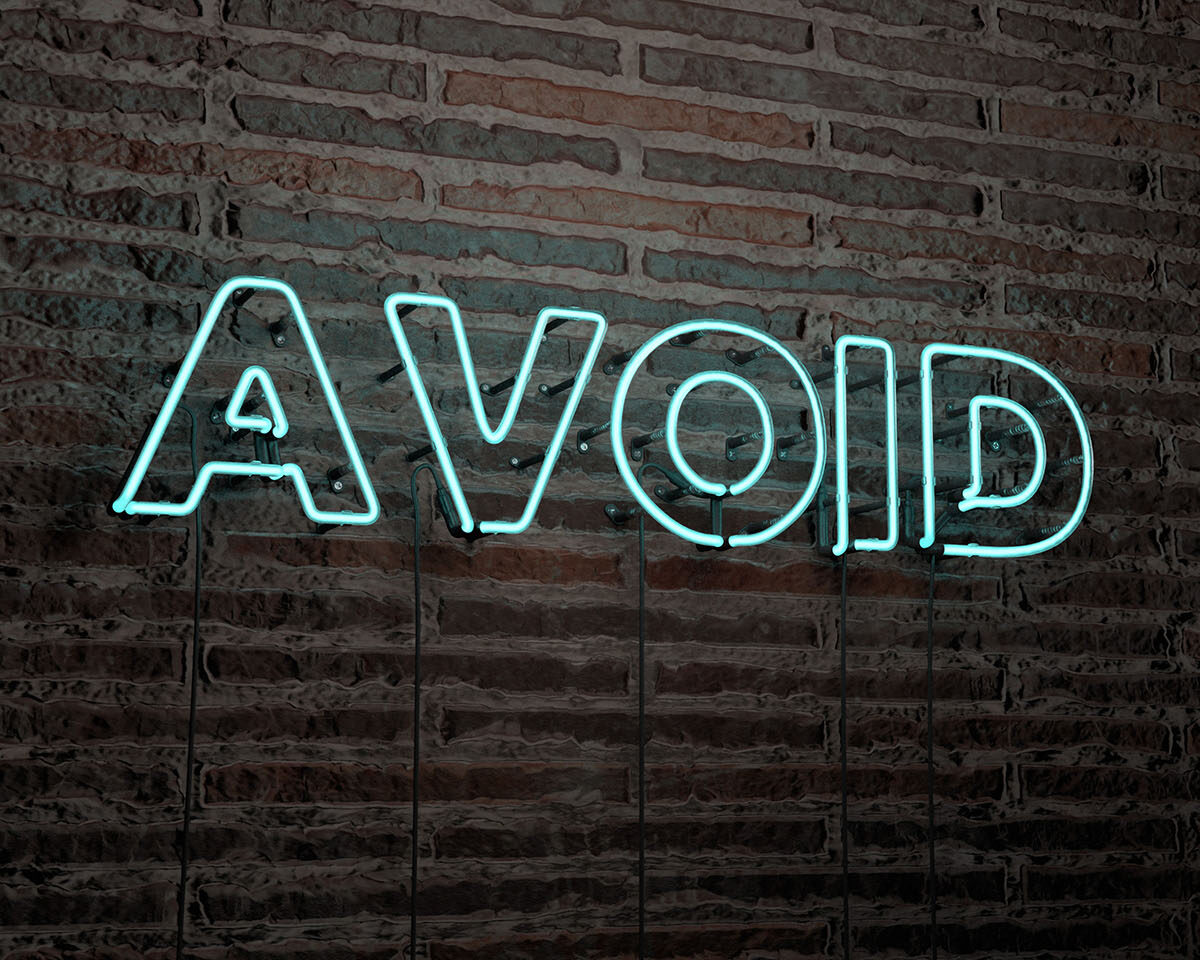My Five Ingredient Recipe for Total Rejuvenation
Every year comes freshly stocked with 104 weekend days. That’s 28 percent of all available days in the year. It’s like a full quarter! The trouble is that we treat our weekends like a slush fund to bankroll more work. We’re forfeiting a tremendous amount of time we could invest in better uses.
Almost a third of Americans work on the weekends, and I bet the number is even higher among entrepreneurs and executives. Based on what the research tells us about rest and rejuvenation, there’s a competitive advantage in bucking the trend.
You’ll actually be more productive if you unplug. But that’s easier said than done for some of us.
It’s hard to unplug for the weekend. I hear it whenever I talk with busy leaders about taking time off stage. Work has an inertia of its own. Unless we plan our time off stage, we’ll be tempted to slip back into what is routine—what is familiar—and we’ll end up working. (Don’t ask me how I know this!)
But slipping into weekend work is not inevitable. If you want to break an old pattern, you have to be intentional. Yes, allow for spontaneity, but start with the end in mind. Ask yourself these three questions:
Looking back on my time off stage …
- How do I want to feel when my time off stage has come to an end?
- What do I want to remember about my time offstage?
- What activities will make me feel like I used this time well?
Rejuvenating weekends don’t just happen; they are caused. Here are my rules to make sure I don’t spend the weekend working:
- Rule No. 1: Don’t think about work.
- Rule No. 2: Don’t do any work—none!
- Rule No. 3: Don’t talk about work.
- Rule No. 4: Don’t read about work.
I don’t follow these rules perfectly. It’s especially tough when you work with family. But I come pretty close. How? The key is to replace work with something else.
An enjoyable time off stage has more do’s than don’ts. The options are endless, but for most of us they fall into several large categories we can use to optimize our time off stage.
And with that in mind, here are five ingredients that make sure your weekend is a WOW experience (along with some general suggestions).
- Rest. Time off stage is a great time to catch up on your rest. Go ahead, give yourself permission to sleep in or take a nap. Put this on your to-do list if you must. Then you can check it off when you achieve your goal!
- Refreshment. Go to a new restaurant. Cook a special meal. Eat at a leisurely pace. Stay at a special resort. “If more of us valued food and cheer and song above hoarded gold, it would be a merrier world,” J.R.R. Tolkien said. I couldn’t agree more.
-
Recreation. Play helps us de-stress and stimulates our creativity. So play golf, throw a ball, or go hiking. You could also take a class related to a hobby that you would like to learn; spend time in a novel, a memoir, or a history book; or watch a new movie or television series.
-
Relationships. Weekends are perfect for investing in relationships. Take your spouse or significant other on a date. Attend a marriage seminar. Start a book club with friends. Call family members. Go to dinner with friends or have them over to play cards.
-
Reflection. “Reflection and prayer are man’s internal GPS system,” says William J. Bennett. “It is how a man evaluates and determines his fortune and his future.” So take time to meditate, journal, attend church, write a life plan, or find a beautiful setting and just sit and think.
If this isn’t quite intuitive to you or you want to up your game, I’ve created a Weekend Optimizer Worksheet to make the coming weekend a WOW experience for you. You can download it here.
Weekends are a perfect time to downshift from one week and recharge for the next. But only if we plan our time intentionally.
Disclosure of Material Connection: Some of the links in the post above are “affiliate links.” This means if you click on the link and purchase the item, we will receive an affiliate commission. Regardless, we only recommend products or services we use and believe will add value to our readers. We are disclosing this in accordance with the Federal Trade Commission’s 16 CFR, Part 255: “Guides Concerning the Use of Endorsements and Testimonials in Advertising.










